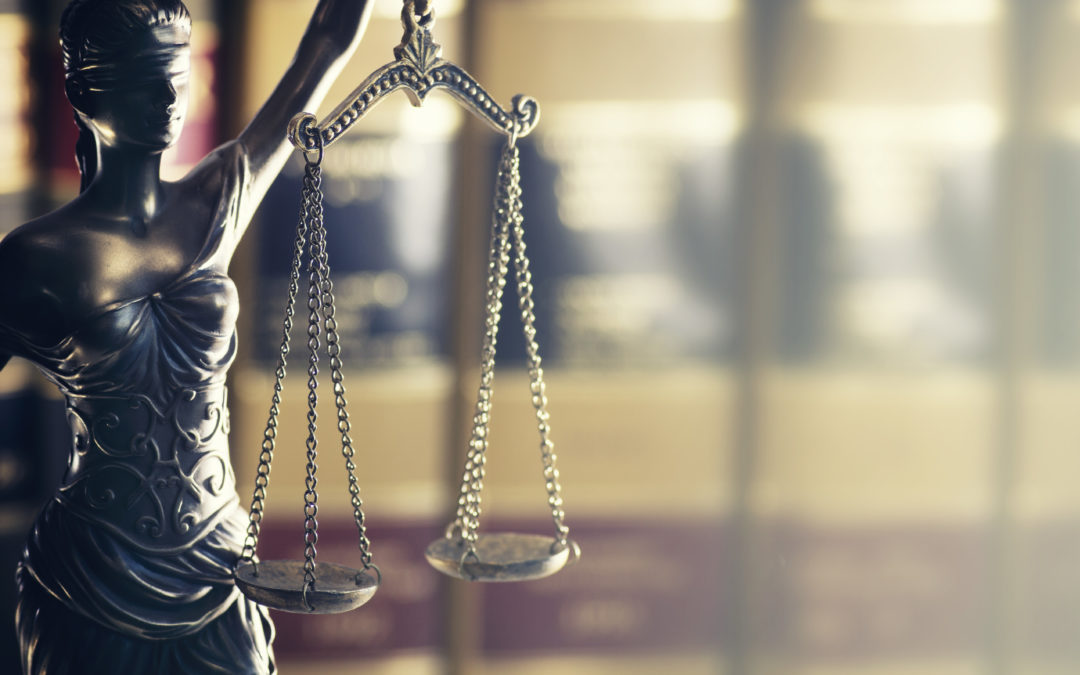If you are injured on another’s premises, generally the property owner, lessee or possessor may be held responsible for your injuries. These types of cases are called Premises Liability cases. In cases where an injury occurs on the property owned or managed by a business, then the responsible parties may also include the business or property manager, or both.
Property owners are responsible for ensuring that their premises are safe and danger free for their business invitees or customers. For instance, premises liability cases may include individuals who have been injured because of the negligence of property owners falling objects that were not property secured, floors were allowed to have slippery substances or trip hazards, or.
Some of the premises liability hazards that cause injuries include:
- Icy walkways – slip and fall injuries resulting in broken bones, brain injuries
- Unmarked sidewalk deviations (unevenness) – trip and fall
- Failure to erect a fence or barrier around a swimming pool or dangerous condition – wrongful death
- Malfunctioning elevators – crushing injuries, trip and fall, wrongful death
- Failing to provide adequate security to keep business invitees safe from dangerous criminal activity.
- Failing to warn of known dangerous conditions
Determining how a land owner, lessee or possessor is held responsible for harm on their property depends on the person who was injured and how they are classified under law. Generally, a duty is owed to:
- Invitees: a greater duty is owed to people who are on the premises to transact business with the property owner/possessor, i.e. customer;
- Licensees: a somewhat lesser duty to licensees or individuals who have a right to be on the land but are not conducting business;
- Trespassers: There is no duty to protect trespassers who are on the premises without permission from the owner/possessor.
Businesses are held to a higher duty because they profit by inviting the public to enter their premises. Therefore, if a business is aware that there have been prior criminal acts such as rapes, murders, assaults, armed robbery, battery, gang-related activities, or activities such as these, they should provide adequate security for their customers. Many of these dangerous activities occur in shopping centers, retail stores, entertainment districts, bars and restaurants, parking lots, or facilities where sporting events take place. Even if the business claims it has no knowledge of prior criminal activities, police reports may be obtained that tell a different story. It is very important to properly investigate these matters and to look at prior incidents, obtain witness statements, talk to past and current employees, review business practices, hire a proper security expert and many other activities that give a more complete story as to who may be at fault.
It’s important if you’ve been injured to take photos of the dangerous condition and document how or what caused your injury. It can be difficult to impossible to prove liability without proof of the dangerous and defective condition that existed at the time of your injury. Choosing the correct legal representation to investigate these types of claims is very important. You need someone who known the laws pertaining to premises liability issues. For instance, whether the city or a private individual or business is responsible for sidewalk maintenance in Missouri depends on the size of the city in which the sidewalk is located, if it’s in a residential or commercial area, and the municipal or local ordinances that control. Contact an experienced personal injury attorney who will spend the time, money and who has the expertise to successfully prosecute premises liability claims.


